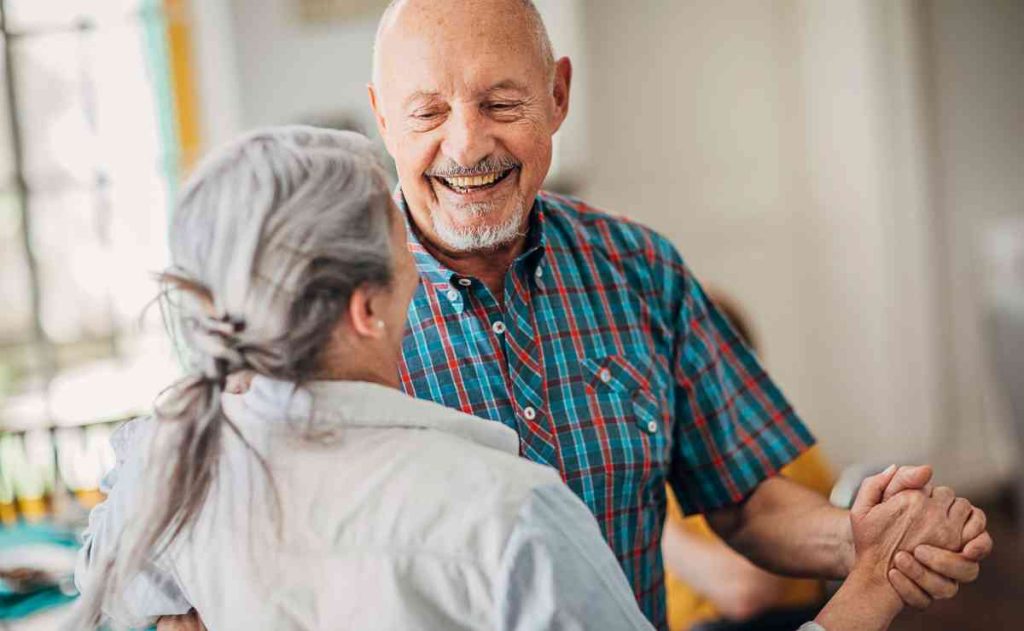Harris County, Texas residents stand to gain significant financial relief through the implementation of the Uplift Harris County Cash Assistance Pilot stimulus check program. Under this initiative, eligible households in the county will receive $500 per month for a duration of 18 months, aiming to address income disparities prevalent in the region.
Funded by the federal American Rescue Plan Act of 2021, the guaranteed-income pilot program is a proactive response to economic challenges exacerbated by the COVID-19 pandemic. The program’s goal is to combat long-standing health and economic inequalities within the community, as highlighted by the county’s website.
Impact of Stimulus Check Programs in U.S. cities
The move aligns with a broader trend of experimenting with guaranteed-income pilot programs across various states in the U.S. In different locations, monthly payments vary, reaching up to $1,000 in cities like Los Angeles and Baltimore, while other regions offer more modest sums. Despite the apparent prosperity of the area, Harris County contends with one of the highest rates of economic inequality nationwide, with 16.4 percent of residents living in poverty, as emphasized on the county’s website.
The adverse impacts of the COVID-19 pandemic and economic inflation have further exacerbated these existing inequities, prompting the implementation of such targeted financial assistance programs.
The funds provided by the program are not a loan, and recipients are not obligated to repay any portion of the amount received. According to the county website, similar initiatives nationwide have demonstrated that direct cash assistance programs yield diverse social and financial advantages for both participating families and the broader community.
To qualify for the program, individuals must meet specific criteria, encompassing income and geographical requirements. There are two cohorts available for application—one based on geographic location and the other associated with membership in the state’s Accessing Coordinated Care and Empowering Self-Sufficiency program. Prospective candidates must be 18 years or older, and participants for both cohorts will be randomly selected.
The program mirrors the principles of universal basic income (UBI), a concept tested in various countries where individuals and families receive unconditional payments, irrespective of their income. Consequently, even affluent individuals stand to benefit from these no-strings-attached payments.
Fabian Wendt, an assistant professor at the College of Arts and Sciences at the University of North Carolina at Chapel Hill, characterizes universal basic income (UBI) as more of a foundational support than a safety net, emphasizing its role as a platform for individuals to build upon.
A safety net is designed to catch individuals in times of need, necessitating an institution to assess the genuine need for assistance. This, however, introduces concerns about paternalism and bureaucracy. In contrast, universal basic income (UBI) is envisioned as a foundational support for everyone, providing a stable platform for all, as explained in an article on the university’s website.
Amid the pandemic, the federal government disbursed direct relief funds to Americans, with ongoing payments still being made.
Wendt acknowledged that some may view UBI as a misuse of resources for the wealthy. He elaborated, stating, “Why should affluent individuals receive a monthly check? If the objective is to address poverty, then why implement UBI, given that the wealthy, by definition, are not in need? This concern is understandable. However, the response lies in how the UBI is funded; the affluent would not be net beneficiaries. They would contribute more towards financing the UBI than the amount they receive in their monthly checks.
